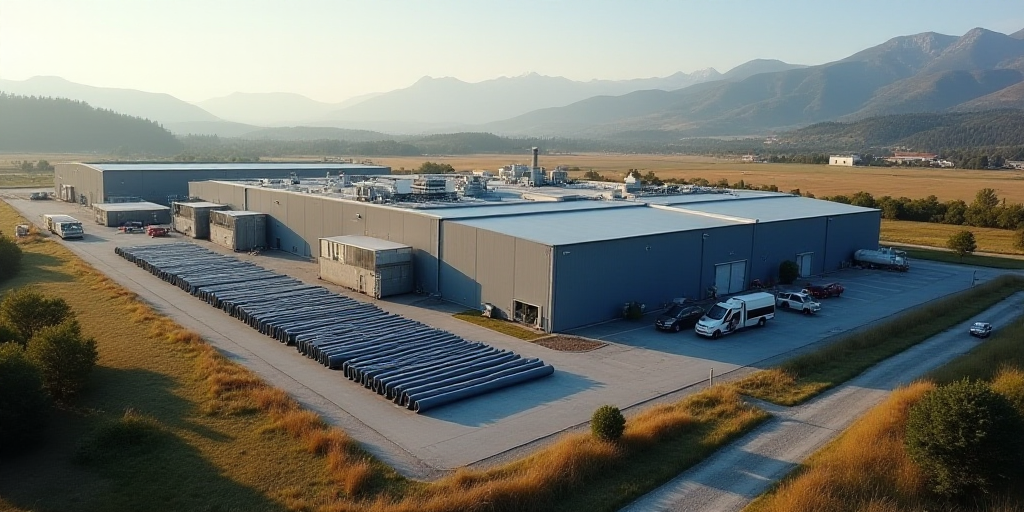Why It Matters
In December last year, China banned exports of critical minerals gallium, germanium, and antimony to the US amid escalating trade and tech war between the world’s two largest economies.
China produced nearly half of the global antimony supply in 2023, and prices for this mineral have skyrocketed due to China’s stringent export restrictions, disrupting global supply chains.
US President Donald Trump has been pushing for increased domestic production of critical minerals like antimony to counter China’s near-total control over the sector.
This mineral is widely used in ammunition, infrared missiles, nuclear weapons, night vision goggles, batteries, and photovoltaic equipment.
Background
In March of last year, United States Antimony Corp announced it would halt all operations in Latin America and sell its Mexican subsidiary due to poor financial results, negative cash flow, and low antimony prices.
Next Steps
The company reported that it has started processing the first shipment of antimony sourced internationally at its Madero, Coahuila smelting plant. The second and third shipments are expected to arrive at the facility next week.
Their goal is to produce around 200 tonnes of antimony per month at the plant by the end of 2025.
Key Questions and Answers
- Who is United States Antimony Corp? It’s a US-based company involved in mining critical minerals, including antimony.
- Why did US Antimony Corp halt operations in Mexico previously? The company decided to stop operations due to poor financial performance, negative cash flow, and low antimony prices.
- What triggered the resumption of operations? China’s export restrictions on critical minerals, including antimony, and the US’s push for domestic production of these materials.
- What is antimony used for? Antimony is widely used in ammunition, missiles, nuclear weapons, night vision goggles, batteries, and photovoltaic equipment.
- What are the production goals for US Antimony Corp in Mexico? The company aims to produce approximately 200 tonnes of antimony monthly at its Madero, Coahuila plant by the end of 2025.






